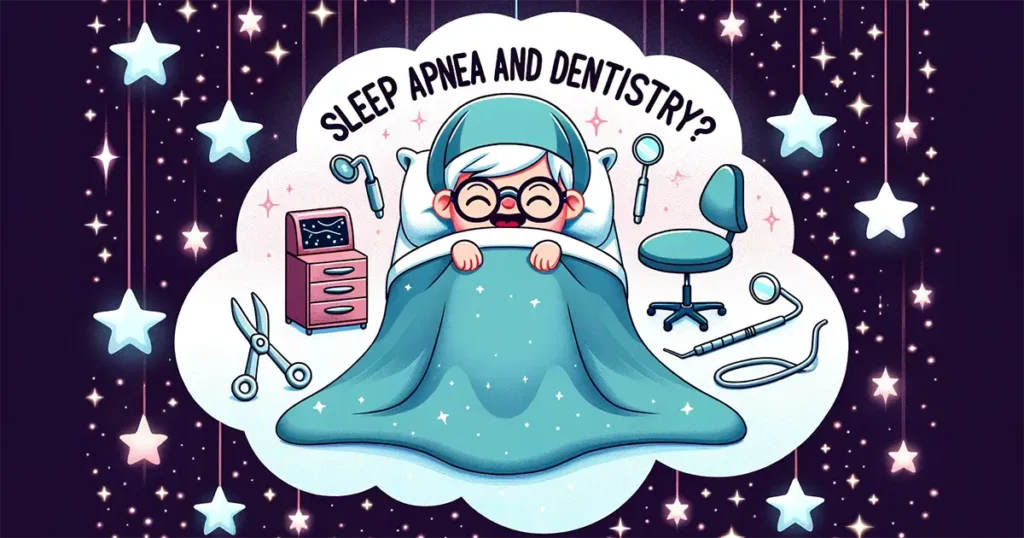
Sleep Apnea in Raleigh: Dentistry’s Role in Treatment
Sleep apnea is a common sleep disorder that can significantly affect your sleep quality and overall health. The field of dentistry has evolved to play a pivotal role in diagnosing and treating this condition. This post explores how dentistry aids in identifying and managing sleep apnea, leading to improved sleep quality and a better quality of life.
Understanding Sleep Apnea
Sleep apnea is characterized by repeated interruptions in breathing during sleep, which can lead to a range of health issues, including daytime fatigue, high blood pressure, and heart problems. Early diagnosis and treatment are crucial to managing sleep apnea and preventing associated health risks.
The Dental Connection
Your dentist can be a key player in the identification and management of sleep apnea. Various dental signs can signal the presence of sleep apnea, and dental professionals are often the first to spot these indicators.
1. Oral Signs of Sleep Apnea
Conditions such as bruxism (teeth grinding), dry mouth, and a small jaw or large tongue can be indicative of sleep apnea. Your dentist may notice these signs during routine dental checkups.
2. Dental Appliances for Sleep Apnea
Dental appliances, like mandibular advancement devices, can be custom-made by dentists to help keep the airway open during sleep, aiding in the management of sleep apnea.
Diagnosis and Treatment
Upon noticing signs of sleep apnea, a dentist may refer you to a sleep specialist for further evaluation. If diagnosed with sleep apnea, various dental treatments can be employed to manage the condition.
1. Oral Appliance Therapy
Oral appliance therapy involves wearing a custom-made appliance during sleep to maintain an open, unobstructed airway. These appliances are often adjustable, allowing for a personalized fit to enhance comfort and effectiveness.
2. Dental Implants in Raleigh
For individuals with missing teeth, dental implants in Raleigh can provide a solid foundation for a dental appliance, facilitating better management of sleep apnea.
Enhancing Sleep Quality and Health
Effective management of sleep apnea through dental interventions can significantly enhance sleep quality, which in turn positively impacts overall health.
1. Better Sleep, Better Health
By addressing sleep apnea, individuals can enjoy better sleep, which is crucial for physical health, brain function, and emotional well-being.
2. Lower Health Risks
Treating sleep apnea can also lower the risks of associated health issues such as high blood pressure, heart disease, and stroke, promoting a healthier life.
Conclusion
The intersection of dentistry and sleep apnea treatment opens avenues for improved sleep quality and overall health. By spotting the dental signs of sleep apnea early on, and providing effective treatment solutions, dentistry proves to be a significant player in battling sleep apnea. Whether through oral appliance therapy or dental implants in Raleigh, the dental field continues to contribute significantly to managing sleep apnea. If you suspect you may have sleep apnea or have been diagnosed with this condition, exploring dental treatment options could be a step toward better sleep and better health.
